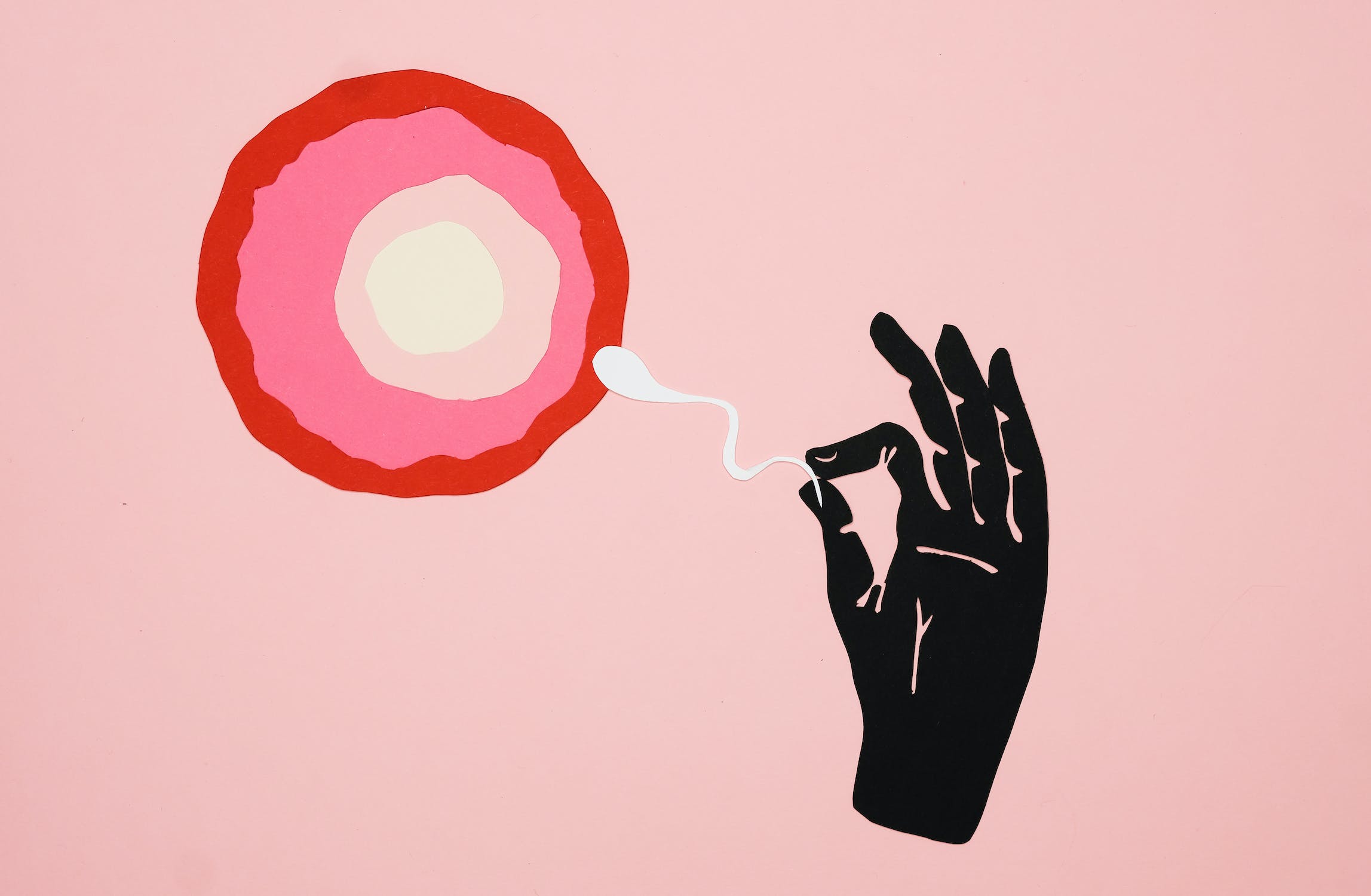Fertility is the ability to conceive a fertile offspring. For a woman or man to be fertile, she or he must be healthy, approximately between the ages of 14 and 52 (ideally 18-31 in the reproductive window) for a female and 14 to 60 for a man and have a functioning reproductive system. They must have balanced reproductive hormones: Oestrogen, Testosterone, FSH (Follicle Stimulating Hormone) and LH (Luteinising Hormone) and be not over or under weight or on contraceptive medication. The most common sign and definition of infertility is not being able to get pregnant, after one year or longer of unprotected sex. Nonetheless, there are ways for your doctor to check if you can get pregnant.
What Are the Signs of Infertility?
There are various signs of infertility, and this will range by person. For instance, a lack of conception after one year or longer of unprotected sex may be a sign of infertility. Below, find some examples of signs of infertility:
Obesity
Being overweight causes Oestrogen dominance. This is because Oestrogen is made of fat and a high body fat percentage and dietary fat intake promotes the production of Oestrogen. This can cause hormonal imbalances in the female and increase the chance of conditions such as PCOS (polycystic ovarian syndrome). It can cause imbalanced Oestrogen to Testosterone ratios in the man also, resulting in a lower sperm count and erectile dysfunction. High Oestrogen levels in a man can cause impotence.
Diabetes
Type 1 diabetes can cause lower Testosterone and erectile deficiency in a man and irregular or absent menstruation in a female. It can also put a woman at increased risk of miscarriage and stillbirth. Type 2 diabetes can cause Insulin resistance which can stop a woman ovulating (releasing an egg) at day 14 of her menstrual cycle and in a man can cause decreased libido, erectile dysfunction and low semen count.
Amenorrhea
Amenorrhea in a female - or the absence of a menstrual period. This can be down to PCOS (Polycystic Ovarian Syndrome) which causes hormonal imbalances and irregular periods, uterine cysts, athletes triad (where a female overexercises and as a result does not produce oestrogen and so her periods stop), anorexia (where there is insufficient body and dietary fat to make oestrogen for menstruation), premature menopause (linked to genetics) and many more factors.
Painful Sex
Pain during sex for a female is usually a sign that she is not producing enough Oestrogen as Oestrogen is required to make the vaginal lubricant for sexual intercourse. A dry vagina is a sign of low Oestrogen or perimenopause (the transition to menopause).
Low Libido
This can be because of stress (which shifts the production of the body from producing key fertility hormones to making Cortisol stress hormone instead) or hormonal imbalances due to weight, high alcohol consumption, diet or medications such as steroids which affect Testosterone and many other factors.
Small Testicles
Smaller testicles is a sign of Oestrogen dominance. This is important as sperm is made in response to GnRH (Gonadotrophin releasing hormone), Testosterone and FSH and LH in the testes. Small testes can also be genetic, but it can affect sperm count and fertility.
Mood Swings
Oestrogen and Testosterone are also mood stabilisers. They work with Serotonin in the brain to help control and balance emotions. Fluctuations in key hormones can result in anxiety, depression and be a sign that your fertility system is changing or not how it should be.
Hair Loss
In men this is either caused by too high Testosterone (linked to head hair loss and male pattern baldness). Drugs to reserve male pattern baldness can result in too much Oestrogen, as can obesity and excess alcohol use. Too high Oestrogen can cause a loss of facial and body hair in men and be associated with infertility. In females, low body weight and stress are associated with hair loss and alopecia. Both low body weight and stress are causes of infertility.
Some other potential signs to infertility are:
- Breast Growth in Males: This can also be a sign of too much Oestrogen in males, meaning a sign of infertility.
- Heavy Periods in Females: This can be a sign of endometriosis, PCOS or uterine cysts or blocked fallopian tubes, all of which can impact fertility.
- Itchy Rash in the Pubic Area: This could be a sign of a sexually transmitted disease, such as Chlamydia, which negatively affects fertility.
How Can GlobMed Help with Infertility?
We believe every person deserves the right to create life. We are a team of highly specialised medical consultants, with experience in the NHS and private care. We understand the trials and tribulations involved in fertility problems, and we do what we can to help protect fertility. With access to the best teams from around the world, we tailor our offering to each client’s needs and budget, to ensure that we help you find the most viable treatment option for your health and future. With so many options out there, we do our research, so you don’t have to, working hard to find you the best option you deserve.


 71–75 Shelton Street, Covent Garden, London, WC2H 9JQ
71–75 Shelton Street, Covent Garden, London, WC2H 9JQ +44 (0) 20 3376 1032
+44 (0) 20 3376 1032



